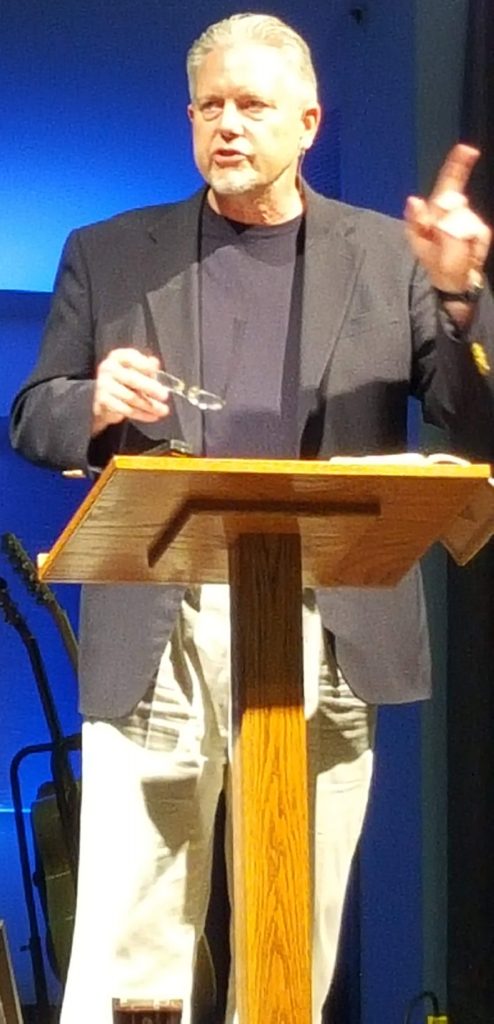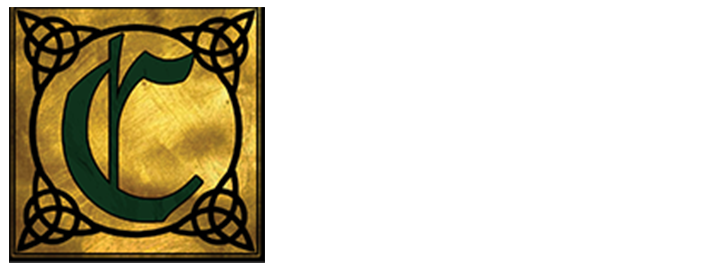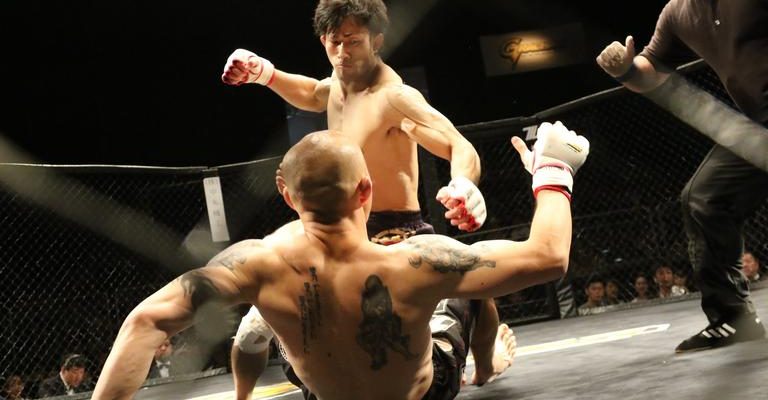Preparing for a street fight.
Mr. Miyagi was right.
“Show me, Wax on, wax off.” Anyone who has watched the classic movie The Karate Kid connects immediately to that statement. The old man, the karate master, Mr. Miyagi, is teaching the young man, Daniel, how to defend himself against bullies. So he brings the boy to his home day after day to have him wax his car, paint his house, sand his deck, and any number of other work details. At some point in the process, the boy whines and complains about doing housework instead of learning karate.
 In a climactic scene, Mr. Miyagi sighs and says, “Show me wax-on, wax-off.” As Daniel begins to show the movements learned through arduous repetition, the sensei, the teacher, begins to loudly and with great flourish attempt to punch the boy. The young man is not only surprised at the suddenness of the attack but also at his, now innate, ability to ward off blows to his body. A series of commands, attacks, and defenses are then seen in rapid succession. At the end of the display, the boy finally understands the process, the difficulty of the discipline, the benefits of the teaching for the rest of life. “Wax-on, wax-off” now stands as a metaphor, a parable for students who “get it.”
In a climactic scene, Mr. Miyagi sighs and says, “Show me wax-on, wax-off.” As Daniel begins to show the movements learned through arduous repetition, the sensei, the teacher, begins to loudly and with great flourish attempt to punch the boy. The young man is not only surprised at the suddenness of the attack but also at his, now innate, ability to ward off blows to his body. A series of commands, attacks, and defenses are then seen in rapid succession. At the end of the display, the boy finally understands the process, the difficulty of the discipline, the benefits of the teaching for the rest of life. “Wax-on, wax-off” now stands as a metaphor, a parable for students who “get it.”
 I am convinced that students and their parents do not see the full impact of their education until they are placed in a situation where they must defend themselves against intellectual attacks or prepare a defense of their positions or build lasting contributions in culture or preserve what has been given to them to keep. K-12 or higher education is the dojo, “the place of The Way,” where students of all ages learn to own and practice their beliefs under the tutelage of their sensei, their teacher. Students may not fully understand the impact of secondary or post-secondary education until they are confronted on the streets of life with a final exam, where they are given an opportunity to stand against falsehood, treachery, and evil; then, to stand for life, freedom, and generosity
I am convinced that students and their parents do not see the full impact of their education until they are placed in a situation where they must defend themselves against intellectual attacks or prepare a defense of their positions or build lasting contributions in culture or preserve what has been given to them to keep. K-12 or higher education is the dojo, “the place of The Way,” where students of all ages learn to own and practice their beliefs under the tutelage of their sensei, their teacher. Students may not fully understand the impact of secondary or post-secondary education until they are confronted on the streets of life with a final exam, where they are given an opportunity to stand against falsehood, treachery, and evil; then, to stand for life, freedom, and generosity
 Graduates are going into a world where parents and teachers cannot follow. You, parents, will not be around when decisions need be made about right and wrong, good and bad. I, the teacher, will not be around when difficulties arise about how to think as a Christian or the way to construct an argument for or against any position. These students will be encountering a world of ideas which will sound foreign to them at first. These graduates will not completely “get” their training until they are put to the test. I wish I could give every class, every person, the opportunity to study then write about a subject for four months. Four months to read, ruminate, ponder, write, communicate, and eventually own their position. Consider the implications of such a process, to “wax-on, wax-off.” Students now can know they had been given not just the knowledge but the method of approach to any given issue.
Graduates are going into a world where parents and teachers cannot follow. You, parents, will not be around when decisions need be made about right and wrong, good and bad. I, the teacher, will not be around when difficulties arise about how to think as a Christian or the way to construct an argument for or against any position. These students will be encountering a world of ideas which will sound foreign to them at first. These graduates will not completely “get” their training until they are put to the test. I wish I could give every class, every person, the opportunity to study then write about a subject for four months. Four months to read, ruminate, ponder, write, communicate, and eventually own their position. Consider the implications of such a process, to “wax-on, wax-off.” Students now can know they had been given not just the knowledge but the method of approach to any given issue.
 Writing is designed to give freedom to think, write, wrestle with ideas, then, be compelled to communicate these ideas. To understand writing, one must understand the dojo, one must understand what it means to be a sensei. Accumulating knowledge, discussing eternal truths, encountering a wide range of difficult questions, or reflecting on possible answers, takes time and tutelage not born of multiple choice testing or the correction of compositional errors. The street-fight of life does not conform to simple processes of grammatical facts or a five-paragraph essay. The bullies of this life will be stymied by students who know and can apply true Truth using approaches learned in the dojo.
Writing is designed to give freedom to think, write, wrestle with ideas, then, be compelled to communicate these ideas. To understand writing, one must understand the dojo, one must understand what it means to be a sensei. Accumulating knowledge, discussing eternal truths, encountering a wide range of difficult questions, or reflecting on possible answers, takes time and tutelage not born of multiple choice testing or the correction of compositional errors. The street-fight of life does not conform to simple processes of grammatical facts or a five-paragraph essay. The bullies of this life will be stymied by students who know and can apply true Truth using approaches learned in the dojo.
Mr. Miyagi was right. Preparation for life’s battles takes discipline, time, repetition, and discomfort. Better to have been taught the “What” and “Why” of belief, the consequences of faith, the tools of learning, the ownership of ideas, and multiple defensive approaches; because students will need the training for the rest of their lives.
 Mark is President of The Comenius Institute (website). Dr. Eckel spends time with Christian young people in public university (1 minute video), hosts a weekly radio program with diverse groups of guests (1 minute video), and interprets culture from a Christian vantage point (1 minute video). Consider becoming a Comenius patron (here).
Mark is President of The Comenius Institute (website). Dr. Eckel spends time with Christian young people in public university (1 minute video), hosts a weekly radio program with diverse groups of guests (1 minute video), and interprets culture from a Christian vantage point (1 minute video). Consider becoming a Comenius patron (here).
Picture Credit: Snappy Goat


